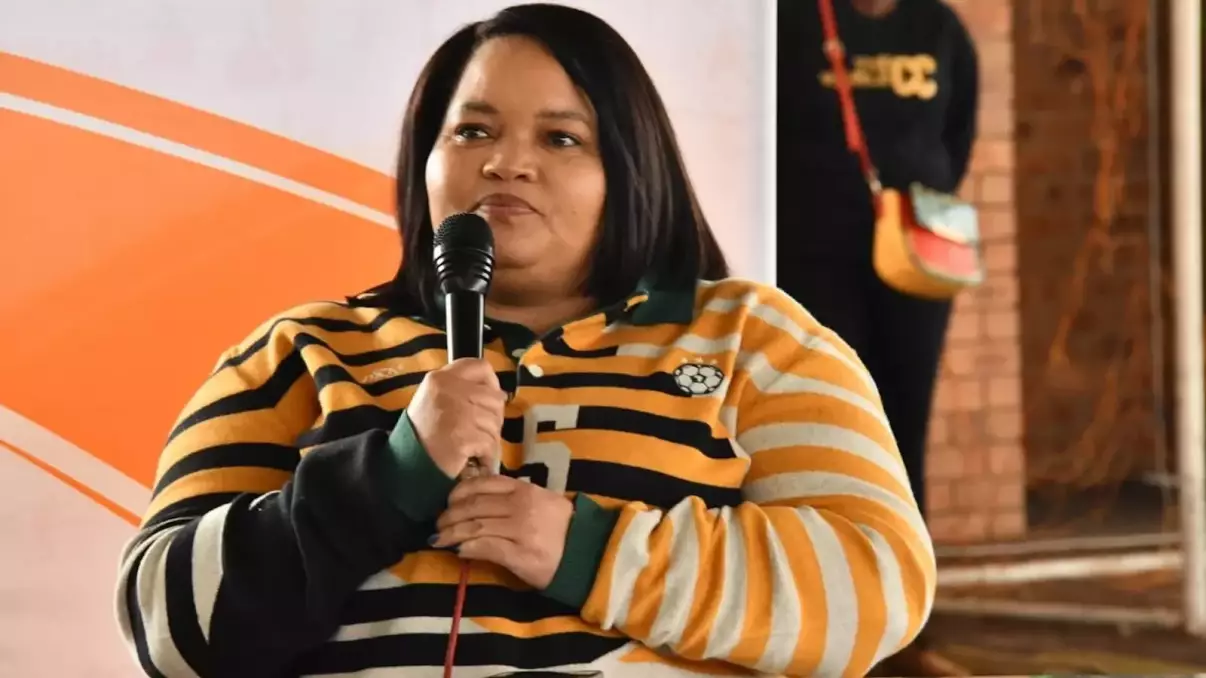Funding cuts spark outcry as R82m goes to VAR in South African football
7th September 2025

Deputy Minister of Sports, Arts and Culture, Peace Mabe, found herself on the defensive this week as she tried to justify the department’s decision to slash funding to sports federations and redirect resources towards the introduction of Video Assistant Referee (VAR) technology in South African football.
The department announced an allocation of R82 million to kickstart VAR in the Premier Soccer League (PSL), in partnership with the South African Football Association (SAFA).
The funds will cover referee training, stadium upgrades, and the establishment of a VAR training centre.
However, the decision has sparked concerns across the broader sporting community.
For the first time in democratic South Africa, the department has cut funding to the South African Sports Confederation and Olympic Committee (SASCOC) and to most national federations.
This unprecedented move threatens to derail development pathways that are vital for producing elite athletes and preparing them for international competitions.
Mabe acknowledged the challenges facing federations but argued that the department’s new strategy is to assist them in sourcing sponsorships instead of relying solely on government allocations.
“We’ve been engaging with various federations and explaining reasons why there are cuts or changes in the budgets.
“Remember one of the biggest roles that federations must play is to mobilise funding, and we want to give them that responsibility that they should be able to sustain their programmes and get partnerships."
Speaking to SABC Sport on the sidelines of a multipurpose sports court handover by Nedbank, Kaizer Chiefs and SportsTrust in KwaThema, Springs this past week, Mabe also dispelled the notion that corporate SA doesn’t give a lot of backing to most sports federations in the country. But facts prove a point in a different direction.
“I think for a long time, corporate has never been engaged, why do we have Nedbank here today. I turn not to agree with Corporate SA and lack of sports funding. Everywhere we go, every door we knock on, they respond positively and support our programmes. We would want federations to do the same,” that’s how Mabe responded to the funding matter.
The timing of the decision is particularly contentious given that Sports Minister Gayton McKenzie has set a target of at least 300 athletes to represent South Africa at the 2028 Olympic Games in Los Angeles.
Without SASCOC funding in this financial year, there are mounting questions about how crucial programmes such as Operation Excellence (OPEX), which supports Olympic athletes, will be sustained.
At the last Olympics, SASCOC funded 56 of the 149 athletes in the Paris Games, relying on the Bidvest-sponsored Opex programme.
“I agree with you, sport is about money, where there is no money, there is no way that we can expect athletes to excel. We are still committed to building the biggest Olympic team,” said Mabe, who appeared uncomfortable with this topic.
For now, the department insists the VAR investment is necessary to modernise football in line with global standards.
But with federations facing an uncertain future and the Olympic dream under threat, the debate over the government’s priorities in sport is set to intensify.








